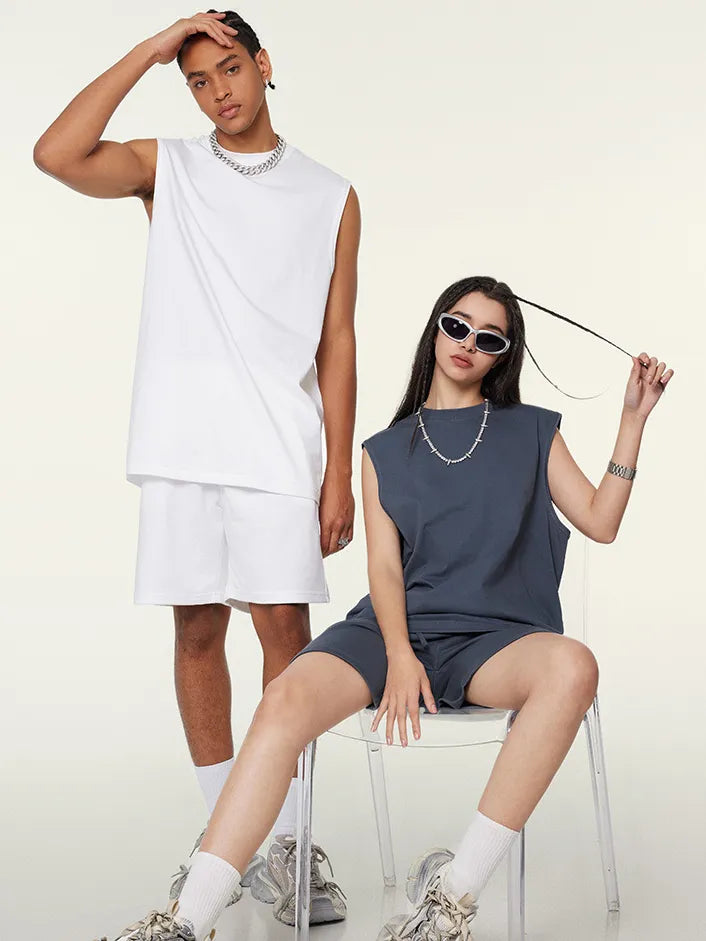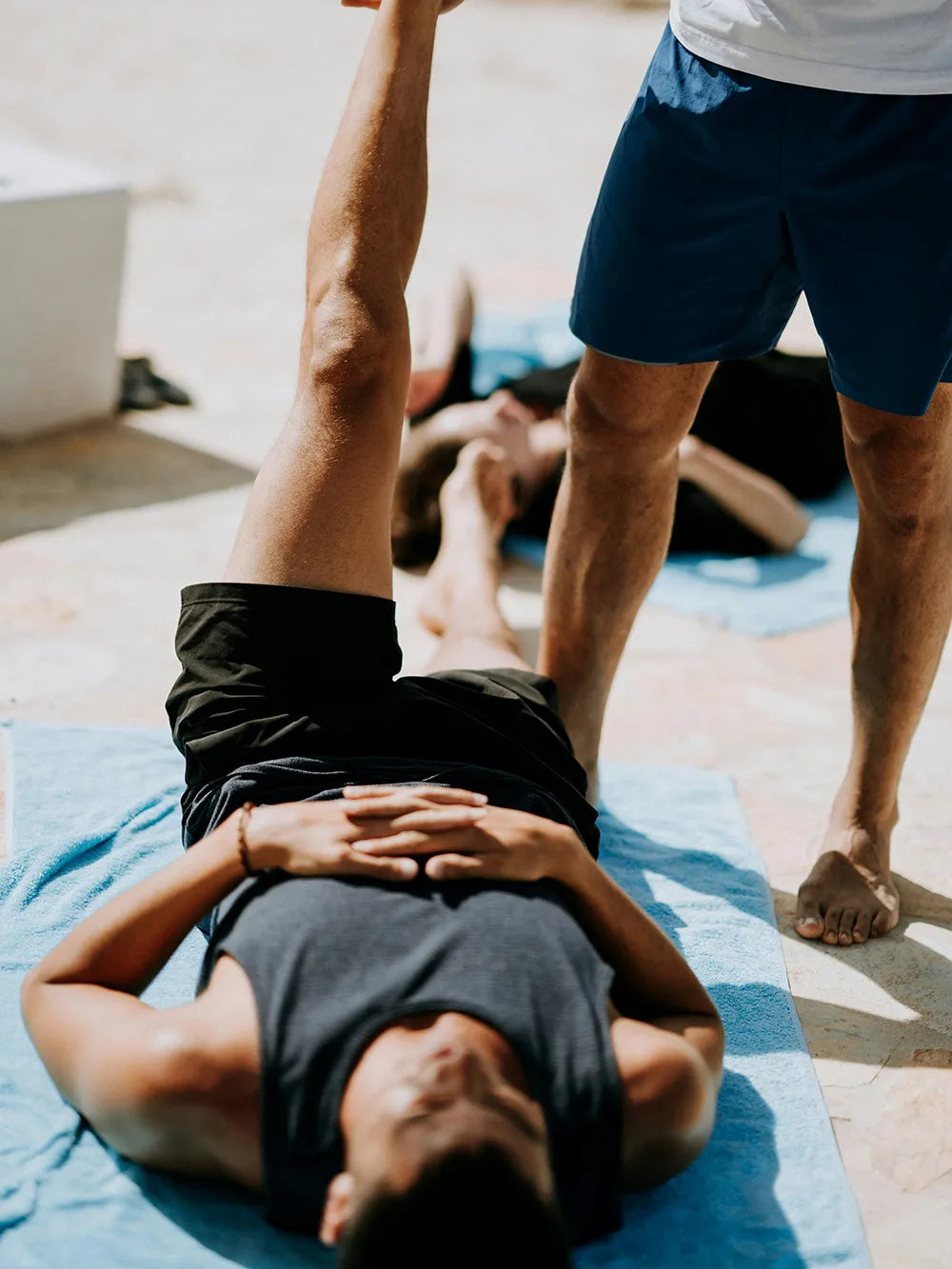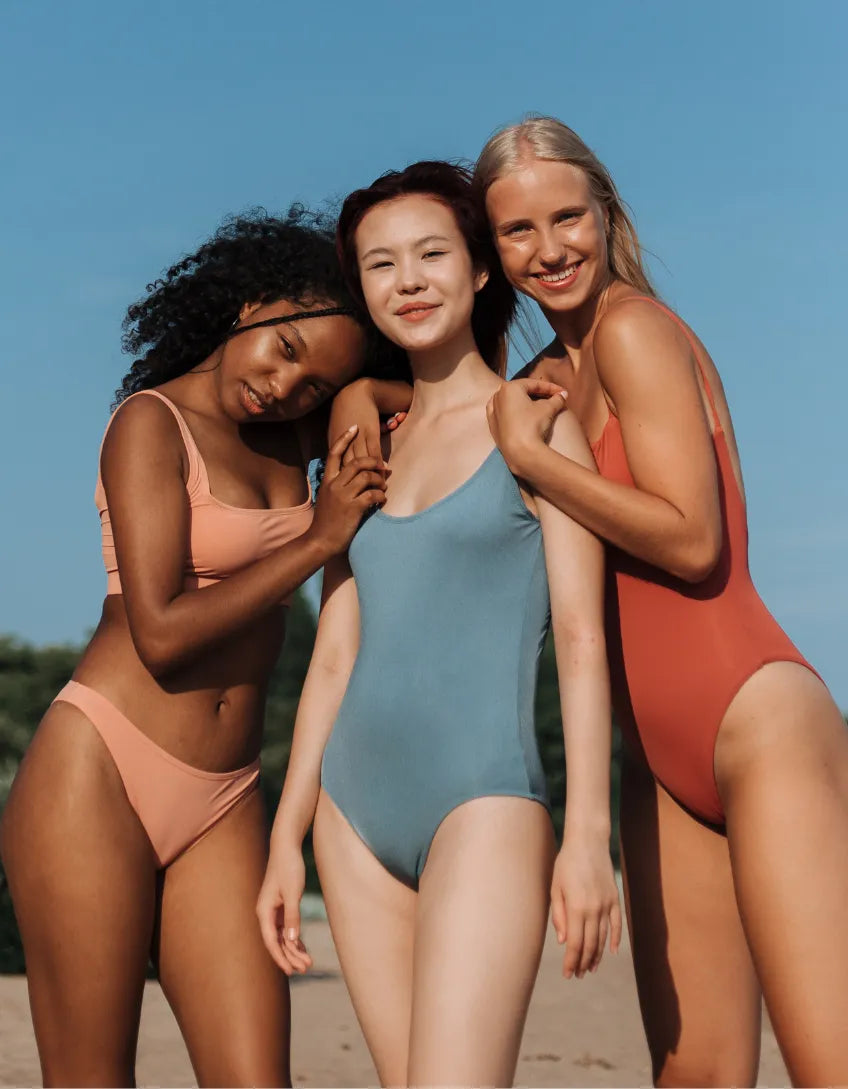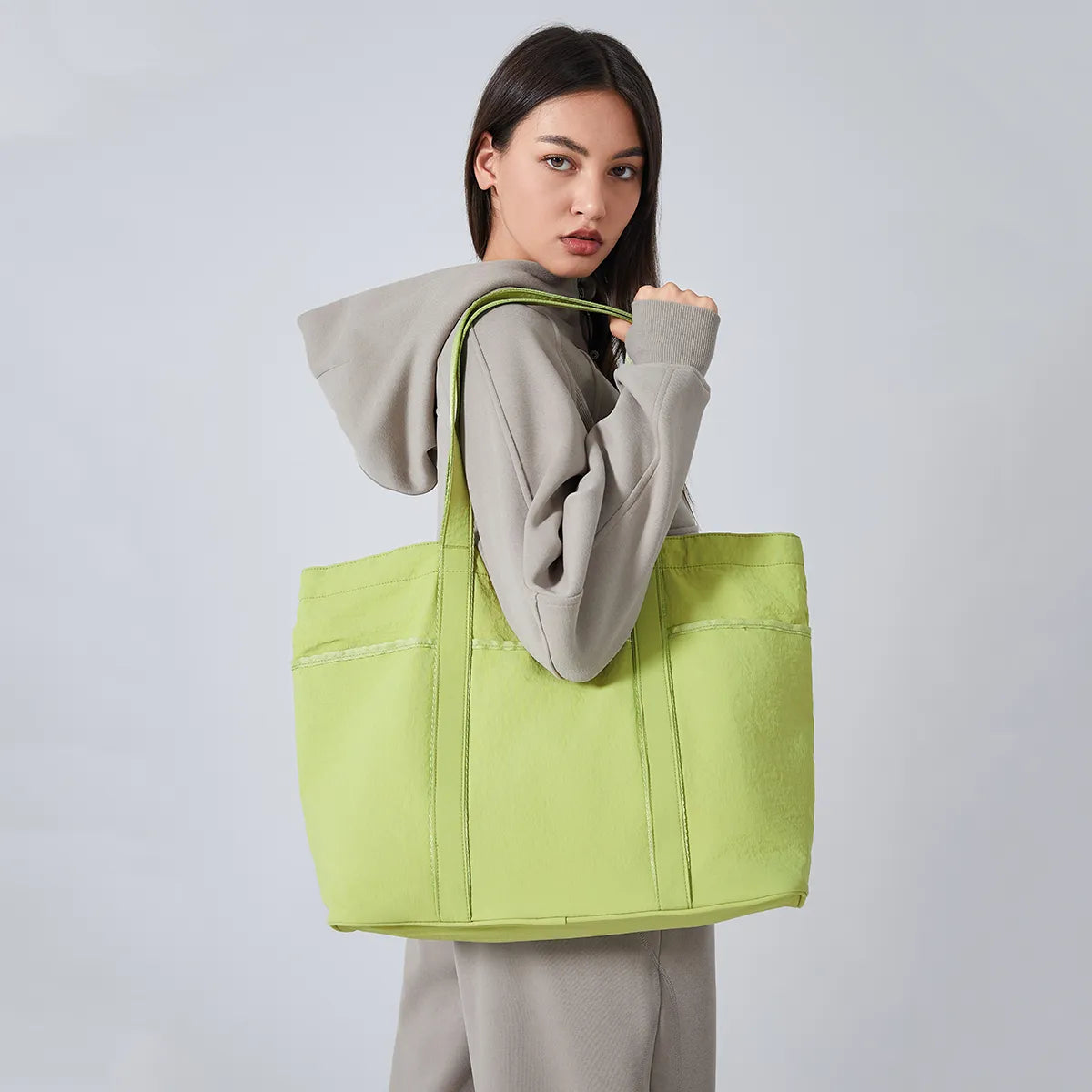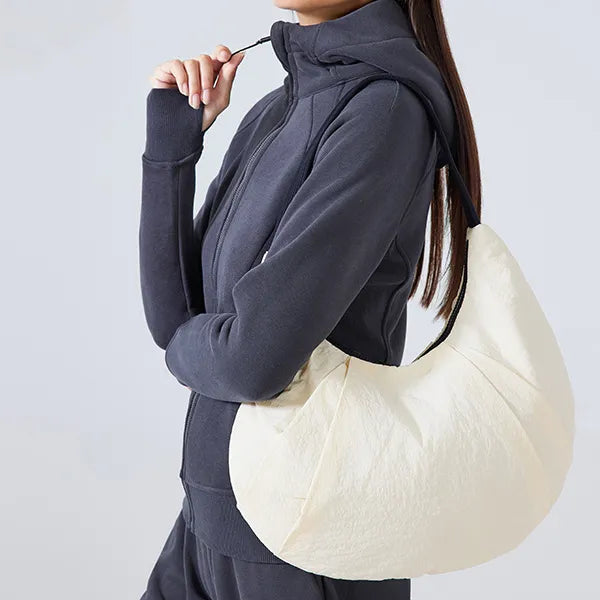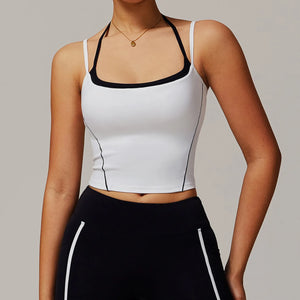5 Must-See Labels When Buying Sustainable Swimwear: From Econyl to OEKO-TEX
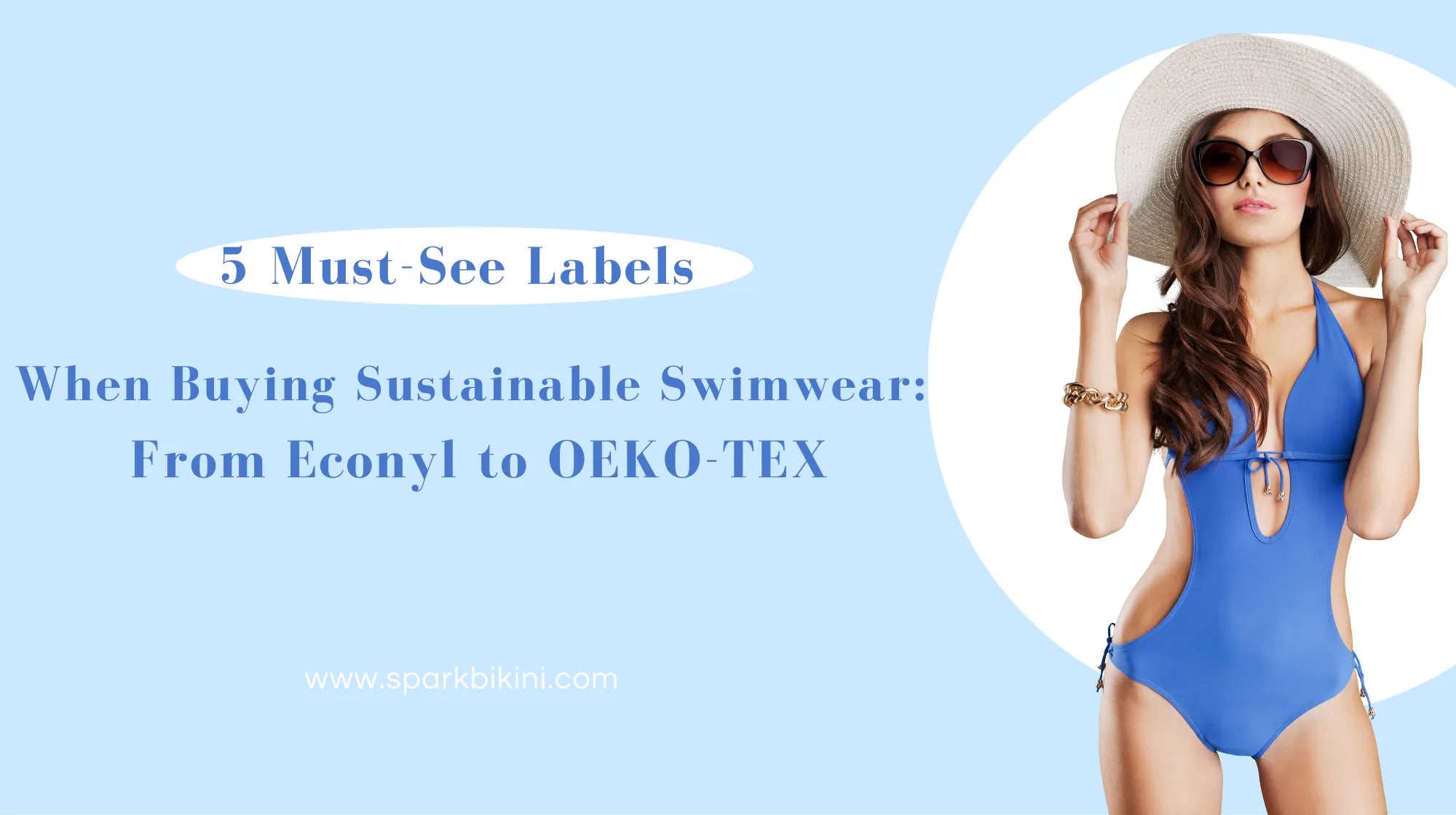
So, you’re ready to make a more conscious choice with your next swimsuit. That’s fantastic! But navigating the world of sustainable fashion can feel like decoding a secret language. How can you tell which brands are genuinely committed to the planet and which are just "greenwashing"?
The answer lies on the label. Here are 5 key certifications and material tags to look for, ensuring your beach look is as kind to the earth as it is stylish.
1. Econyl®
This is arguably the superstar of sustainable swimwear fabrics. What it is: Econyl is a regenerated nylon made entirely from waste materials like discarded fishing nets, fabric scraps, and industrial plastic rescued from oceans and landfills. This process not only cleans up waste but also reduces the global warming impact of nylon compared to material made from oil.
Why it matters for swimwear: It’s a closed-loop system, and the resulting fabric is just as high-quality, durable, and vibrant as virgin nylon. When you see this tag, you know your swimsuit has given harmful waste a new, beautiful life.
2. GOTS (Global Organic Textile Standard)
While more common for cotton, GOTS is a critical label for any brand using organic materials in its linings or cover-ups. What it is: The world's leading standard for organic textiles. It ensures the material is made from at least 70% certified organic natural fibres.
Why it matters for swimwear: GOTS doesn’t just check the organic origin of the fibres. It also certifies that every step of the production process—from harvesting to dyeing to sewing—meets strict environmental and social criteria, including safe chemical use and fair labour practices.
3. OEKO-TEX Standard 100
This is one of the most important labels for your health. What it is: An independent certification system that tests textiles for a list of over 100 harmful substances, including allergens, pesticides, and heavy metals.
Why it matters for swimwear: Your swimsuit sits directly on your skin, sometimes for hours. An OEKO-TEX Standard 100 label guarantees that the fabric is free from levels of known harmful chemicals that could be a risk to your health. It’s all about safe, skin-friendly wear.
4. Recycled Polyester
Often seen as RPET, this is another key player. What it is: Polyester fibre made from recycled materials, most commonly post-consumer plastic bottles.
Why it matters for swimwear: It diverts plastic from landfills and reduces the reliance on petroleum as a raw material. Recycled polyester has a significantly lower carbon footprint than its virgin counterpart and is excellent for creating durable, quick-drying swimwear fabrics, often used in athletic-style swimsuits.
5. B Corp Certification
This one looks at the brand as a whole, not just the product. What it is: A rigorous certification for businesses that meet the highest verified standards of social and environmental performance, transparency, and accountability.
Why it matters for swimwear: A B Corp brand is legally required to consider the impact of its decisions on its workers, customers, community, and environment. When you buy from a B Corp, you're supporting a company that is built on a foundation of doing good, far beyond just the materials in your swimsuit.
Your Action Plan:
Before you click "add to cart," take a quick scroll to the product description or look inside the garment. Finding these five labels is your shortcut to making an informed, eco-friendly choice. By choosing swimwear with these certifications, you're not just investing in a suit for one season—you're supporting a cleaner ocean and a healthier planet for many summers to come.


